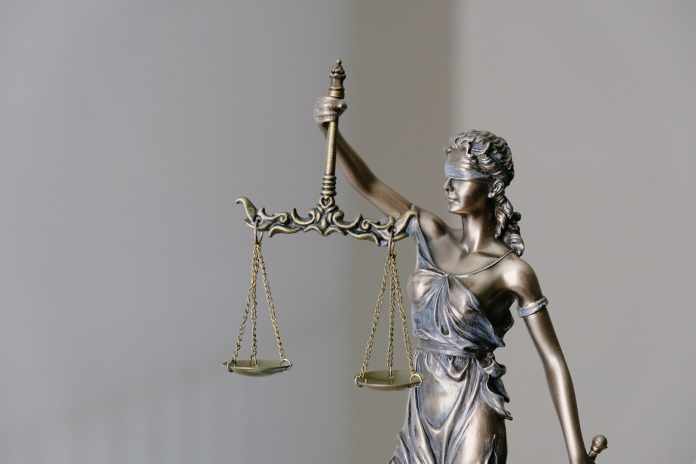Premises liability is a type of legal liability that arises when a person suffers an injury or loss due to the negligence of a property owner or occupier. This type of liability is based on the legal principle that a property owner or occupier, who invites or allows people onto the property, must ensure that the premises are safe and free from any hazards or defects that may cause harm to those on the property.
Examples of premises liability claims include slips and falls due to a slippery floor, inadequate security, or poor maintenance of the property, dog bites, and even wrongful death. When a person is injured due to the negligence of a property owner or occupier, they may be able to recover damages for their losses, including medical bills, lost wages, pain and suffering, and other losses related to the injury.
The property owner or occupier has a duty of care to maintain the property in a safe condition and to warn people of any potential hazards. If they fail to do so, they may be held liable for any injuries that occur as a result. It is important to note that the property owner or occupier’s duty of care is higher when it comes to children, disabled individuals, and other vulnerable persons.
If you find yourself walking through an event like this, you need to hire a personal injury lawyer to protect your legal rights. A good lawyer can help you navigate the court system and get the compensation you deserve.
Table of Contents
Establishing Liability in a Premises Liability Case
In order to establish liability in a premises liability case, the plaintiff must be able to prove that the property owner was negligent and that their negligence was the cause of the plaintiff’s injury. This means that the plaintiff must show that the property owner failed to take reasonable steps to protect visitors from foreseeable risks. Additionally, the plaintiff must be able to demonstrate that the injury would not have occurred if the property owner had acted more carefully.
In some cases, the property owner may be able to argue that the plaintiff was partially or fully responsible for their injury and, thus, avoid any liability. For example, if the plaintiff was not paying attention to the dangers present in the area, the property owner may be able to argue that the plaintiff should have been more aware and, thus, is partly to blame for their injury.
Finally, it is important to note that premises liability cases are often complex and require a thorough understanding of the law. An experienced personal injury attorney can help you with your case, as they can provide guidance on the legal process and help you build your case. They can also ensure that you are receiving fair and just compensation for any injuries or losses you may have suffered in your premises liability case.
Property Owners’ Duty of Care
Property owners have a duty of care to ensure that those who visit their property are not exposed to dangers or hazards. This means that property owners must make sure that their property is reasonably safe, and that they take proactive steps to protect visitors from foreseeable risks. This duty of care applies to both invitees and trespassers, as both are owed a duty of reasonable care.
Property owners must inspect their property and take steps to address any dangerous conditions that are present. This includes ensuring that the property is well-maintained and free from hazards like spills, uneven surfaces, and inadequate lighting. Property owners must also address any security concerns, as violent crimes and animal attacks can occur on their property if proper precautions are not taken.
In addition to providing a safe environment, property owners must also warn visitors about any potential dangers or hazards that are present. This includes posting warning signs or providing verbal warnings if appropriate. In some cases, property owners may be liable for injuries even if they have taken steps to warn visitors, if the warning is deemed to be inadequate or not reasonably sufficient.
Finally, property owners must take action in response to any complaints they receive about their property. If they fail to do so, they may be liable for any injuries that result. This means that property owners must take any complaints seriously and act quickly and appropriately to address the issue.
By taking the necessary steps to ensure their property is safe and responding promptly to any complaints, property owners can minimize their risk of liability and protect visitors from foreseeable hazards.
In this article, we have discussed the duty of care that property owners have to those who visit their property. We have looked at the types of risks that property owners are responsible for and the steps they must take to protect visitors from these risks. We have also explained the legal process involved in a premises liability case, and outlined some important considerations for those seeking to pursue such a claim.
If you find yourself injured in a property accident, or are the victim of a crime on the property of a property owner, know that you have rights and seek legal assistance as soon as possible. A knowledgeable attorney can help you understand your rights and options, and may be able to negotiate a settlement on your behalf that meets your needs.
















